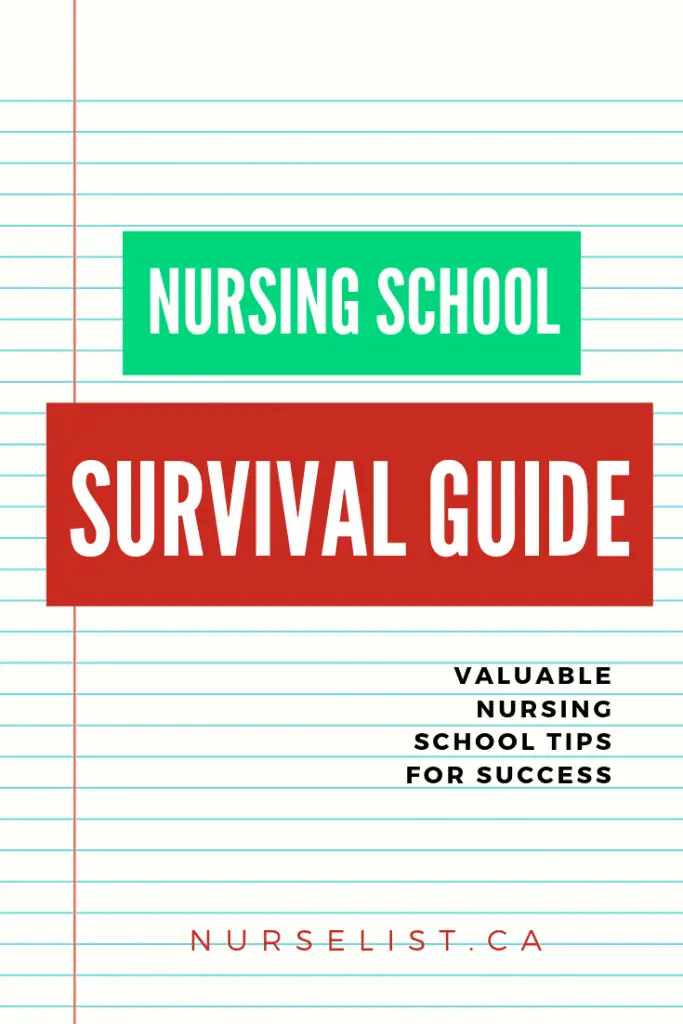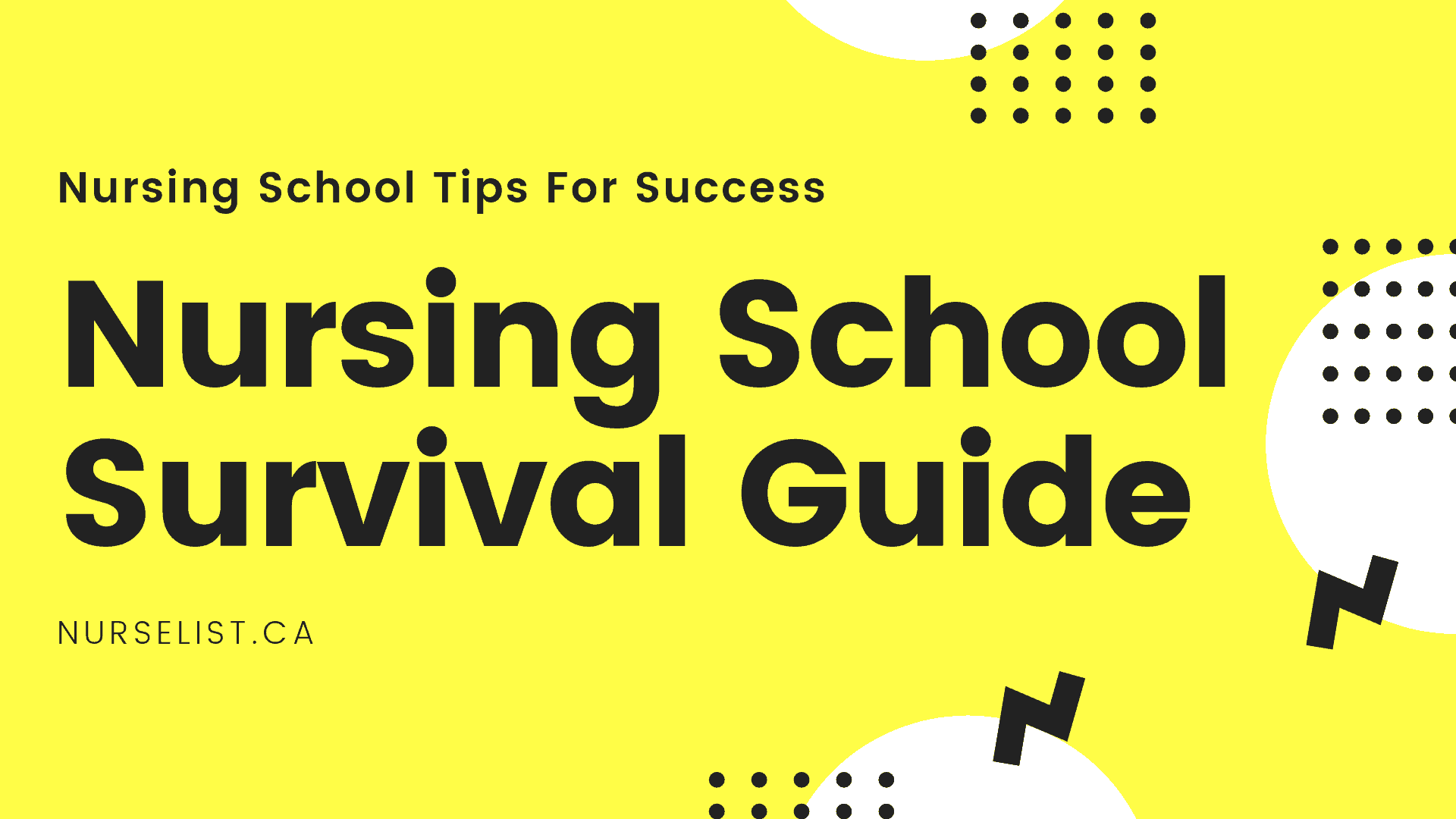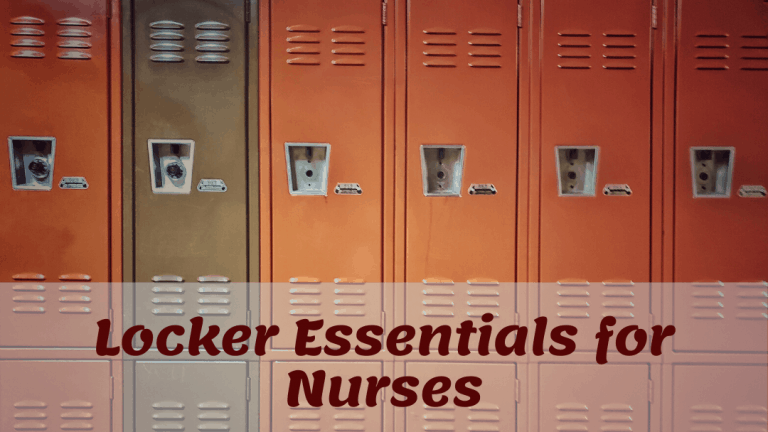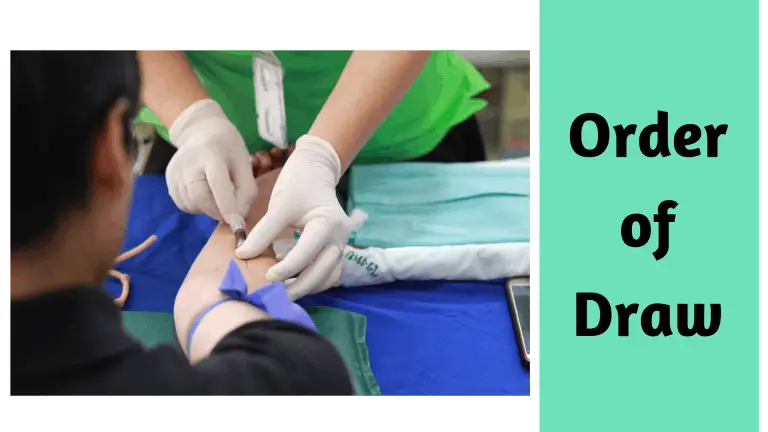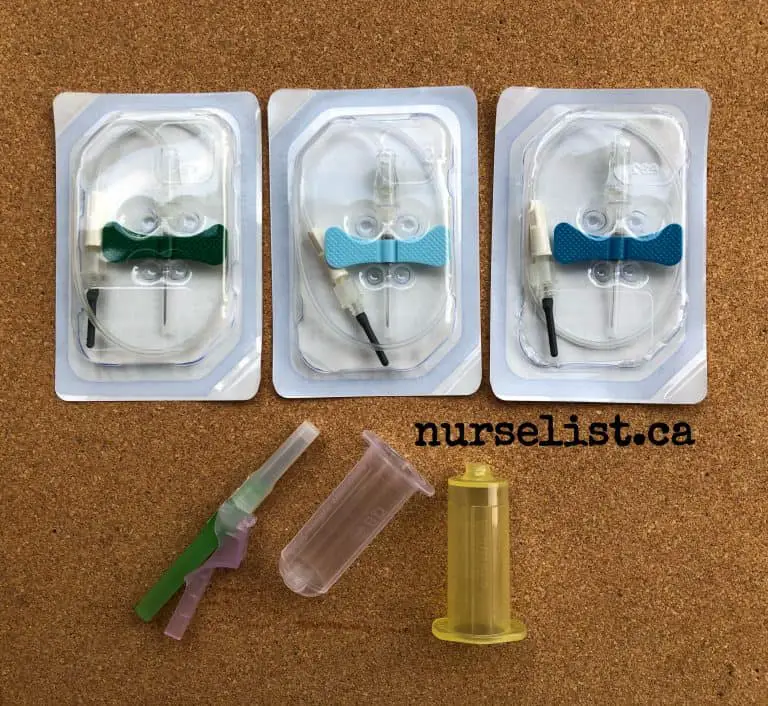Nursing School Tips For Success – Nursing School Survival Guide
This post may contain affiliate links. I may be compensated if you make a purchase through one of the links, at no additional cost to you. Please see full disclosure for more information.
If you are looking for some tips before starting a new life as a student nurse, you’re just in the right place.
As the seasoned nurses would say, been there done that! Nursing school is truly full of scary unfamiliar things, but you can make yourself prepared by knowing what to expect and how to prepare.
First thing first, what things you should have?
Nursing Student Must Haves
Being a nursing student is physically, mentally and emotionally challenging. However, there are things that will make your life easier as a student nurse.
1. Reliable Backpack
There are so many books and nursing paraphernalia that you will need to carry everyday as a student nurse. Having a moderately large backpack is perfect for this but there are also other nursing bag styles that you can consider.
Another good way of organizing your school materials is by using a backpack organizer. It makes things easy to find when you are in a hurry.
2. Superb binder
You will accumulate a ton of notes throughout the school year and a multi-purpose binder is good for note organization. It’s best to organize notes per system or foundation (e.g. cardiovascular system, nursing pharmacology, maternal and child health).
Every after unit-ender examinations, transfer the notes you accumulated to a bigger binder you can keep at home. Carry only the notes you will still use at your class.
3. Sturdy clipboard
A clipboard is useful for clinical rotations but it’s also good to have one as soon as you start clinical lab demonstrations.
Not all clipboards are created equal. The best type of clipboard for nurses would be something with a compartment to store pens and other notes. A cheat sheet insert on the back is also useful for quick reference.
4. Reference badge
Reference badges are handy during clinical rotations. The information summarized in these badges are usually grouped by clinical areas (e.g. pediatric, geriatrics, surgical, cardiac care). Just bring the ones you will need for your clinical rotation and attach them to your ID holder.
If you are tight on budget, you can also make your own reference badges. Just make a summary of the information you frequently need to look at during clinical rotations and laminate it.
5. Assessment tools
Most nursing schools provide a set of assessment tools to their nursing students. If your school doesn’t include them, you can assemble your own kit of assessment tools for clinical rotations. Here are the things you will need:
- Stethoscope
- Penlight
- Bandage scissor
- Sphygmomanometer
- Tactical percussion hammer
- Optional: portable pulse oximeter
3 Nursing School Tips!
1. Study little by little everyday
There are tons of information to learn in nursing school. If you will just study one-time-big-time before the exams, you will feel overwhelmed. The things you will learn will be just stored in your short-term memory . There is a big chance of forgetting most of what you have studied quickly after the exams.
Remember that nurses deal with lives at stake. What you know as a nurse will have an impact on how you give patient care. It’s not just about surviving school exams.
Everyday after school, try to focus on one small topic and learn it by heart. Study with a sense of curiosity.
For example, after a day of discussion about pulmonary disorders you decided to learn more about acid-base disorders. You made yourself curious about the difference between metabolic and respiratory acidosis as well as metabolic and respiratory alkalosis. By the time you took the exams, you didn’t need to cram about memorizing the differences between them because you already know the topic by heart.
2. Watch nursing skills/procedures videos
This generation’s nursing students are lucky. There are lots of YouTube videos available for different nursing procedures. Decades before, nursing students have to observe in clinical labs and clinical rotations to have an idea about a certain nursing procedure.
Take time to watch these video demonstrations to prepare for clinical lab simulations. Watch how to do nasogastric tube insertion, blood draws or venipuncture, foley catheter insertion, patient positioning and other nursing procedures. Watching video demonstrations repeatedly will help you become familiar with a particular skill.
3. Create your own cheat sheets / cram sheets
A cheat sheet or a cram sheet is one-page summary of nursing information useful for exams and clinical rotations. It’s one of the top nursing school tips for success advised by successful nurses nowadays.
You can find lots of nursing cheat sheets online but it’s still best to create your own. Making your own cheat sheet will also help you learn and remember important nursing information quickly.
The following topics/information are normally included in a nursing cheat sheet:
- normal laboratory values
- normal vital signs range
- drug calculation
- assessment terms
- neuro vital signs / GCS
- pain scale
- APGAR scoring
So Is Nursing School Fun?
It depends on your perspective! And also on the reason why you pursued nursing.
To enjoy and make your nursing school life easy, you gotta love caring for other people. Providing care, to a person you don’t personally know but needs it the most, makes you almost a living angel on Earth.
Anonymous nurse
